In memory of unnamed war heroes
By Dong Fangyu in Beijing and Liu Ce in Shenyang ( China Daily ) Updated: 2013-12-30 08:04:27
|
|
Virtual graveyard
Xia, 75, participated in the renovation of the museum in Dandong. He has devoted more than 30 years to projects to honor veterans of the war across Liaoning and, despite his advanced years, his enthusiasm remains undimmed. He recently set up a virtual graveyard online to allow people to pay tribute to the soldiers that died.
More than 2.9 million CPV soldiers were involved in the war, according to Xiao Yusheng, an expert in military history at the People's Liberation Army's Academy of Military Science, the News of the Communist Party of China quoted as saying.
According to Xia, only 2 or 3 percent of the volunteers are buried in China. Although many of the dead were interred in official cemeteries in the DPRK, others lie in unmarked graves scattered across the Korean peninsula.
"Most of them were killed in action and buried near the battlefields. Because of transport difficulties and the political restraints at the time, only the bodies of model comrades, officers above regimental level, or well-known heroes were transported back to China. Many respected heroes and cadres are buried in the CPV Martyrs' Cemetery in Shenyang," he said.
China has three biggest cemeteries for those who died in the Korean War - in Shenyang, Dandong and Chibi in Hubei province.
Many of the wounded were transported to Dandong, where approximately 3,000 CPV soldiers are buried. Nearly 1,900 of the bodies have been identified, according to statistics from the cemetery management office.
A committee to supervise the construction of the cemeteries was established in 1954. Using specially allocated funds, it sent construction teams, including engineers, designers, and stonemasons, to the DPRK to build eight cemeteries to house the remains of dead Chinese soldiers. Later, the DPRK built more than 200 tombs, each of which contains several bodies.
Zhang Liangui, an expert in Korean studies at the Party School of the CPC Central Committee, said greater efforts should be made to honor those who died in the war.
"The country has an obligation to honor those soldiers, but the Chinese media have only given limited coverage to the fallen," he said. "It was only when our leaders visited the DPRK and went to the cemeteries for Chinese soldiers, that they suddenly became headline news."
Zhang said that sometimes the commemorations are more about "Sino-DPRK relations", and the country owes a great debt to all the troops, including the veterans and prisoners of war who underwent tremendous suffering.
|
|
|
|
|
|
|
|
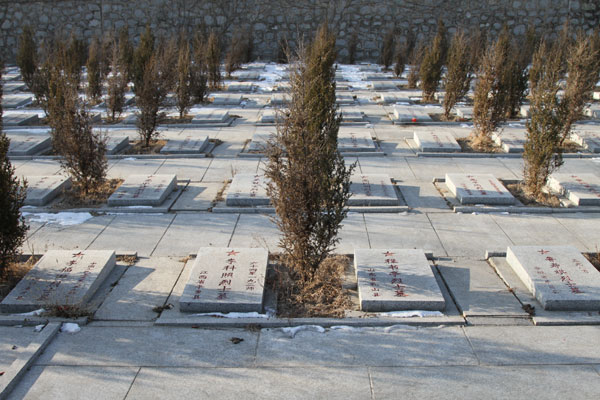
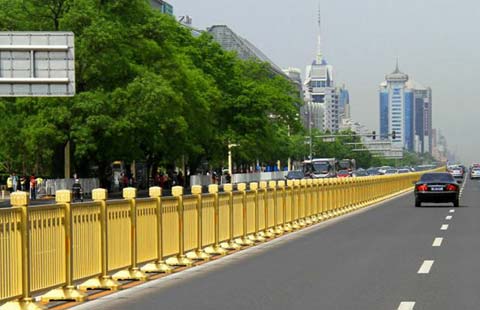
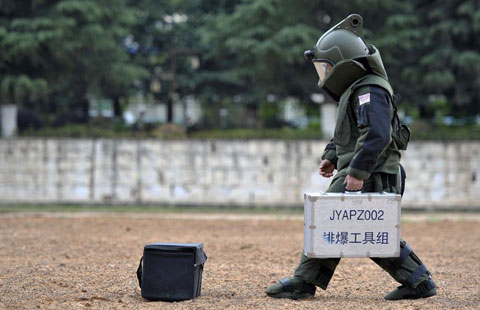
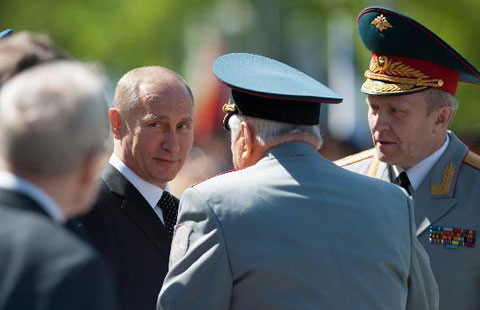
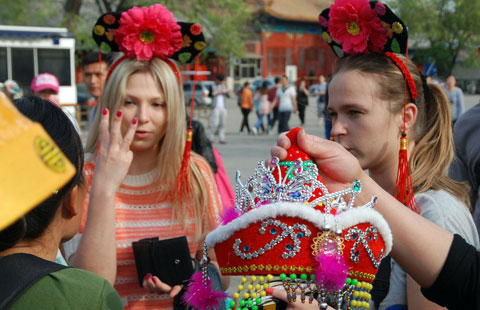

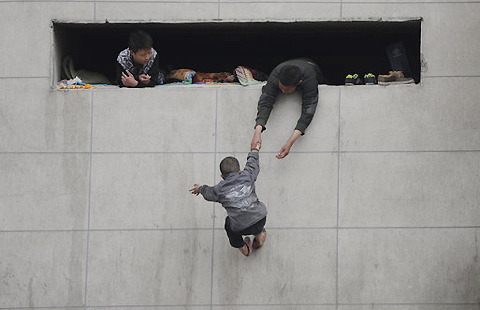
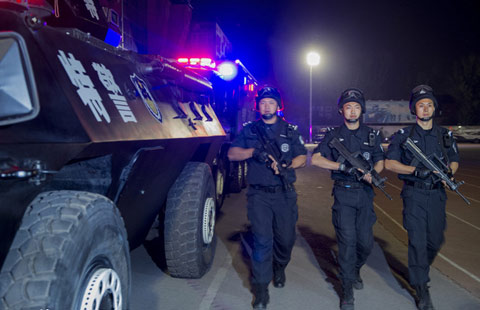


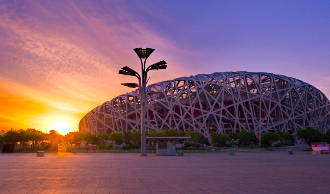
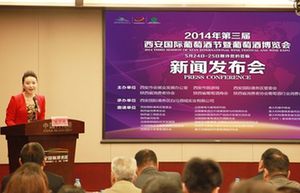
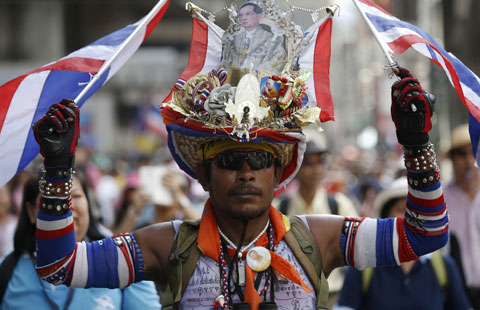






 Op Rana
Op Rana Berlin Fang
Berlin Fang Zhu Yuan
Zhu Yuan Huang Xiangyang
Huang Xiangyang Chen Weihua
Chen Weihua Liu Shinan
Liu Shinan